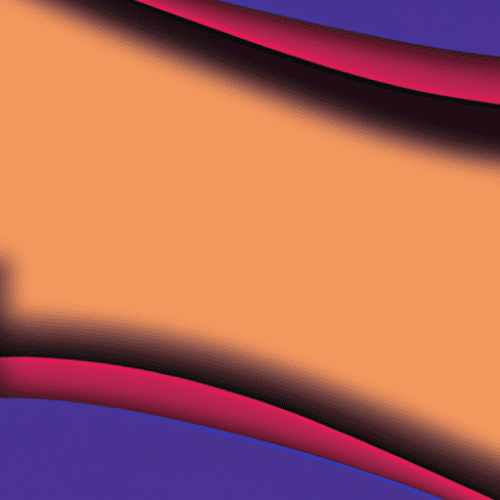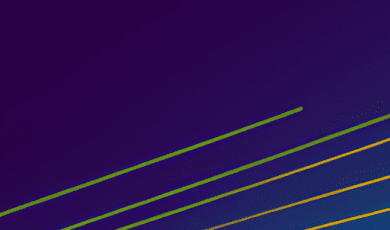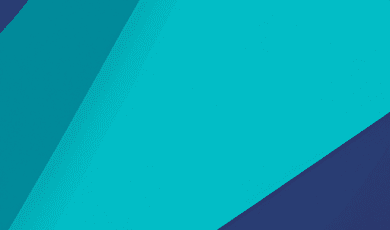
Clear Voices Through Medical Translation Services: Bridging the Gap in Shows, Films, and Anime
Introduction: The Importance of Medical Accuracy in Entertainment
In today's globally connected world, the impact of television shows, films, and anime reaches far beyond their countries of origin. These art forms entertain, educate, and often shed light on intricate professions — including the field of medicine. From dramatic hospital dramas in Hollywood to nuanced medical mysteries in Japanese anime, the genre has garnered massive international audiences. As fans tune in from all corners of the globe, ensuring that complex medical narratives and terminology are accessible and accurate in every language becomes more crucial than ever. This is where medical translation services step into the spotlight, turning jargon into knowledge and confusion into clarity.
But how exactly does translation medicine shape our understanding of on-screen healthcare? Join us as we delve into the pivotal role of medical translators — and why their expertise is vital for delivering clear, reliable voices across the diverse worlds of shows, films, and anime.
Main Research: The Role of Medical Translation in Global Entertainment
Capturing Authentic Medical Dialogues Across Languages
The depiction of medical professionals and procedures in visual media is not just for dramatic effect; it’s about authenticity and resonance. Viewers want to believe in the world they see — to trust that the doctor on screen knows what they’re doing, that the diagnosis makes sense, and that the treatment is plausible. However, medical terminology is notoriously challenging even for native speakers, let alone international audiences.
For instance, Japanese anime like Black Jack or Cells at Work! introduce viewers to medical conditions and procedures using detailed, sometimes technical dialogue. The translation must walk a fine line, retaining accuracy while ensuring cultural and linguistic accessibility. Lackluster or incorrect translations can fracture the audience’s suspension of disbelief and, worse, spread misinformation about health and treatment options.
In major TV shows such as Grey’s Anatomy, House, or global streaming sensations like Hospital Playlist, the translation medicine process becomes even more critical. These shows are syndicated in dozens of languages. Medical jargon, diagnostic terms, and patient counseling scenes must not only be translated correctly but also localized to accommodate regional medical practices and expressions.
Why Professional Medical Translation Services Matter
Unlike everyday translation, medical translation services demand an immersive understanding of both languages and medical science. Professional translators are uniquely qualified to process complex scripts, ensuring that everything from emergency response commands to the nuanced explanation of rare diseases is precise and culturally appropriate. Their work preserves the integrity of the script while making the content accessible to non-native viewers.
These specialists understand that a phrase like "stat" (meaning "immediately" in medical emergency settings) or the difference between "contagious" and "infectious" cannot be carelessly adapted. Subtlety is key — and mistakes can have wider repercussions, including perpetuating myths or compromising understanding of healthcare issues, especially in shows that double as health public awareness tools.
Consider, for example, a hospital scene where a patient’s life hangs in the balance. A mistranslated instruction could not only confuse the narrative but also influence a viewer’s response in a real-life emergency. This underscores why the entertainment industry increasingly partners with specialized medical translation providers, safeguarding authenticity and clarity.
Medical Translation’s Cultural Nuances in Anime and Film
Anime, with its distinct cultural flair, brings additional challenges and opportunities for translators. In popular series where medical and scientific themes abound, translators must recognize terminology unique to Japanese healthcare systems and bridge them for international audiences. For instance, the approach to doctor-patient relationships or portrayal of certain conditions may vary significantly between countries. It is crucial that medical dialogue is adapted without losing the original context or message.
Similarly, global films touching on sensitive health issues — think biopics about rare diseases or documentaries on medical breakthroughs — rely on high-caliber translation teams. From the proper names of medications and legal requirements in clinical trials to colloquial slang describing symptoms, the scope of work is immense. A specialized medical translation service can skillfully address these intricacies, ensuring that the medical narrative is not lost in translation but instead remains universally understandable and impactful.
Supporting Education and Advocacy Through Media
Beyond entertainment, accurate translation of medical content in shows, films, and anime serves a wider social purpose. Media has the power to debunk myths, raise awareness, and inform public attitudes on health. During global crises such as the COVID-19 pandemic, numerous TV specials, news segments, and documentaries aired worldwide, presenting vital information that required urgent and precise translation medicine to audiences with diverse linguistic backgrounds.
Well-executed translations can help audiences grasp essentials like hygiene practices, symptoms to watch for, or vaccination protocols. Mistranslations, on the other hand, can spark confusion or even foster dangerous myths. For example, if a viewer misunderstands how a virus spreads due to a translation error in a widely-watched documentary, it could affect their real-world behavior.
This further illustrates why high-quality, specialized translation services are invaluable across all media platforms, helping shows, films, and anime do more than just entertain—they educate, inform, and sometimes even save lives.
The Growing Demand for Multilingual Medical Content
As streaming platforms and anime distributors expand their global reach, the demand for nuanced medical translation is higher than ever. Platforms such as Netflix, Hulu, and Crunchyroll are regularly adding shows with medical backgrounds, and the viewer base is only becoming more international. In turn, there is a surge in demand for skilled translators who understand both dialogue and diagnosis.
This trend signals a shift within the industry where medical accuracy and localization are non-negotiable for achieving international success. Which is why many entertainment companies are now enlisting professional partners like PoliLingua’s medical translation services to ensure top-tier delivery.
Conclusion: Clear Voices, Global Stories
The world of shows, films, and anime is more intertwined than ever with global cultures and narratives. When it comes to the portrayal of medicine, clarity and accuracy are not just artistic choices—they are ethical imperatives. Every actor’s plea in a hospital scene, every animated character explaining the functions of a white blood cell, every nail-biting diagnosis in a foreign film becomes meaningful only when it is universally understood.
Behind the scenes, dedicated translators ensure that these moments cross languages and borders flawlessly. By leveraging expert medical translation services, studios and distributors allow their stories to resonate worldwide while safeguarding public understanding of health and medicine. In this way, translation medicine not only connects us through entertainment but empowers audiences with knowledge, compassion, and truth—no matter what language they speak.
For production companies, content creators, and passionate fans alike, investing in specialized translation is an investment in storytelling — and in reshaping what it means to have a truly clear voice through medical translation in the global entertainment landscape.








